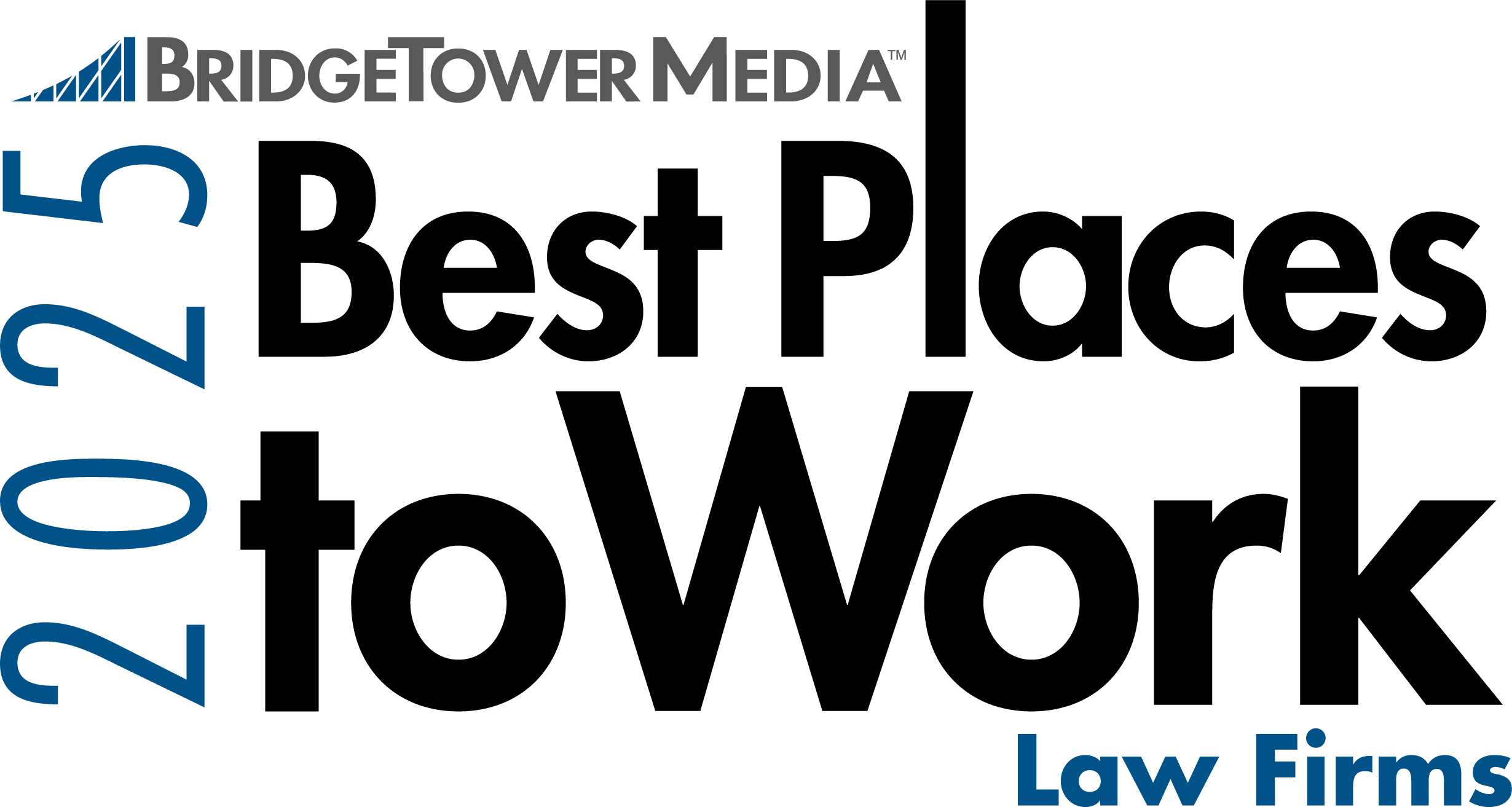Trucking accidents frequently happen when truck drivers, and in some cases, trucking companies, behave negligently. Truck drivers frequently cause accidents when they operate their vehicles while fatigued, distracted, or under the influence of drugs or alcohol. Similarly, trucking companies may indirectly cause accidents when they encourage their employees to drive for long hours without taking breaks or fail to maintain their vehicles in a reasonably safe condition.
Tracking accidents can also lead to debilitating injuries. However, in some situations, trucking companies and their insurers actually blame injured motorists for causing or contributing to the accident in some way. Insurance companies may take this action as a way of denying the claim altogether or reducing the amount of compensation they offer to the injured accident victim.
If you recently sustained injuries in a trucking accident, an experienced trucking accident lawyer can fight the insurance company on your behalf and pursue the settlement compensation you deserve. If the insurance company refuses to compensate you fairly, your lawyer may litigate the case in court to a resolution.
Types of Trucking Accident Injuries
Commercial trucking accidents often result in severe injuries due to the large size and weight of trucks compared to other vehicles. Victims of these accidents can suffer from various physical and psychological injuries that can have long-term effects on their lives.
Physical Injuries:
- Head and Brain Injuries — These are some of the most serious injuries and can occur when the head strikes an object or jerks violently. Concussions, traumatic brain injuries (TBIs), and skull fractures can result in long-term cognitive issues, memory loss, and even permanent disability.
- Spinal Cord Injuries — Damage to the spinal cord can lead to partial or complete paralysis. Victims may lose the ability to move certain parts of their bodies, which can significantly affect their quality of life and independence.
- Neck and Back Injuries — Whiplash is a common neck injury in accidents, resulting from the sudden jerking motion of the head. Back injuries, including herniated discs and fractures, can cause chronic pain and mobility issues.
- Broken Bones — The impact of a trucking accident can break bones in the arms, legs, ribs, and pelvis. These fractures often require surgery and lengthy rehabilitation.
- Cuts and Lacerations — Broken glass, metal, and other debris can cause deep cuts and lacerations, leading to significant blood loss and potential infections.
Psychological Injuries:
- Post-traumatic Stress Disorder (PTSD) — The trauma of being involved in a severe accident can lead to PTSD, characterized by flashbacks, nightmares, and severe anxiety. This condition can make it difficult for victims to return to normal activities or even drive again.
- Depression and Anxiety — The aftermath of a serious accident can lead to feelings of sadness, hopelessness, and anxiety. Victims may struggle with these emotions as they cope with their injuries and the changes in their lives.
- Emotional Distress — Victims may experience ongoing emotional distress, including fear, anger, and frustration, especially if they face long recovery periods or permanent disabilities.
Negligence That May Cause Trucking Accidents
Negligence by truck drivers or trucking companies is a common cause of accidents on the road. Various forms of negligence can lead to serious crashes, putting the lives of everyone on the road at risk.
Driver Negligence:
- Distracted Driving — Truck drivers often spend long hours on the road, which can lead to distractions. Common distractions include texting, eating, adjusting the radio, or using a GPS while driving. These distractions take the driver’s attention away from the road, increasing the risk of an accident.
- Fatigue — Truck drivers are sometimes pushed to meet tight deadlines, leading to long hours behind the wheel without adequate rest. Fatigue can slow reaction times, impair judgment, and increase the likelihood of falling asleep while driving, all of which can cause accidents.
- Speeding — To meet delivery schedules, some truck drivers may exceed speed limits. Speeding reduces the driver’s ability to react to sudden changes in traffic conditions and increases the stopping distance required, making it harder to avoid collisions.
- Impaired Driving — Driving under the influence of alcohol, drugs, or even certain prescription medications can impair a driver’s ability to operate the truck safely. Impaired driving can lead to poor judgment, slower reaction times, and decreased coordination.
- Reckless Driving — This includes aggressive driving behaviors such as tailgating, frequent lane changes without signaling, and ignoring traffic signals. Reckless driving endangers not only the truck driver but also everyone else on the road.
Trucking Company Negligence:
- Poor Maintenance — Trucks require regular maintenance to ensure they are safe to operate. Neglecting maintenance can lead to brake failures, tire blowouts, and other mechanical issues that can cause accidents. Companies that fail to properly maintain their fleet put everyone at risk.
- Improper Loading — Overloading a truck or improperly securing cargo can affect the truck’s balance and handling. Shifting loads can cause the truck to tip over or make it difficult for the driver to control the vehicle, leading to accidents.
- Inadequate Training — Truck drivers need proper training to handle large vehicles safely. Trucking companies that fail to provide adequate training for their drivers may be responsible if a poorly trained driver causes an accident.
- Ignoring Regulations — Trucking companies must comply with various regulations, including hours-of-service rules that limit how long a driver can be on the road without a break. Ignoring these regulations to maximize profits can lead to driver fatigue and increase the likelihood of accidents.
Why Do Insurance Companies Sometimes Blame Injured Accident Victims for Trucking Accidents?
Insurance companies often blame injured accident victims for trucking accidents as a strategy to minimize their financial liability. This tactic, known as “blame-shifting,” helps them reduce or deny claims, saving the company money. Understanding why they do this and how to counter their efforts is crucial for accident victims seeking fair compensation.
Why Insurance Companies Blame Victims:
- Reducing Payouts — By attributing fault to the victim, insurance companies can reduce the amount they have to pay. If they can prove that the victim was partially responsible, they may lower the settlement based on the degree of fault, according to comparative negligence laws in many states.
- Exploiting Legal Loopholes — Insurance companies are adept at finding and exploiting legal loopholes. They may argue that the victim violated traffic laws, was distracted, or was otherwise negligent. This approach can complicate the legal process and shift some or all the blame away from the trucking company and its driver.
- Pressuring Victims — Blaming the victim can pressure them into accepting a lower settlement out of fear of receiving nothing. Victims unfamiliar with the legal system may feel intimidated and accept the first offer rather than fight for a fair amount.
- Delay Tactics — By disputing liability, insurance companies can delay the resolution of the case, causing financial strain on the victim. This delay can force victims to settle quickly for less than they deserve to cover immediate expenses.
How to Fight the Insurance Company:
- Gather Evidence — Collect as much evidence as possible from the accident scene, including photos, videos, witness statements, and police reports. This documentation can help establish the facts and counter the insurance company’s claims.
- Seek Medical Attention — Immediate and thorough medical evaluation is crucial. Detailed medical records provide concrete evidence of injuries sustained and their direct connection to the accident.
- Retain an Experienced Attorney — An attorney experienced in trucking accidents can navigate the complexities of the legal system. They can negotiate with the insurance company, challenge unfounded claims, and advocate for your rights.
- Avoid Speaking to Insurance Adjusters — Insurance adjusters may use anything you say against you. It is wise to direct all communication through your attorney to prevent misinterpretation or manipulation of your statements.
- Stay Persistent — Fighting an insurance company can be a lengthy process. Persistence and patience are essential. Victims should follow their attorney’s advice and not settle for less than they deserve.
By understanding these tactics and employing strategic countermeasures, a skilled trucking accident lawyer can fight for the compensation you are rightfully owed, ensuring that you receive fair treatment in the aftermath of your trucking accident.
Recovering Compensation for Injuries in a Truck Accident
If you are involved in a truck accident, you may be entitled to compensation through a claim or lawsuit. Such compensation might include the following:
- Medical Expenses — Substantial compensation is for medical expenses. This includes costs for emergency room visits, hospital stays, surgeries, medications, physical therapy, and any other treatments needed because of the accident. You can also claim future medical expenses if your injuries require long-term care.
- Lost Earnings — If your injuries prevent you from working, you can seek compensation for lost income. This covers the income you missed out on while recovering. If your injuries are severe and affect your ability to work in the future, you can also make a claim for future lost earnings.
- Property Damage — A truck accident can cause significant damage to your vehicle and other personal property. You can recover the costs of repairing or replacing your car and any other belongings that were damaged in the accident.
- Pain and Suffering — Pain and suffering compensation is for the physical pain and emotional distress you experience because of the accident. This type of compensation is more subjective and can vary widely depending on the severity of your injuries and their repercussions on your daily life.
- Loss of Enjoyment of Life — If your injuries prevent you from enjoying activities you once loved, you can recover compensation for loss of enjoyment of life. This type of compensation acknowledges the negative effects on your overall quality of life.
- Loss of Consortium — If the accident affects your relationship with your spouse, you can claim loss of consortium. This compensation covers the loss of companionship, support, and intimacy due to your injuries.
- Punitive Damages — In some cases, you may be eligible for punitive damages. These are not meant to compensate you but to punish the at-fault party for particularly reckless or malicious behavior.
- Wrongful Death — If a truck accident results in the death of a loved one, family members can file a wrongful death claim. This can cover funeral expenses, loss of financial support, and compensation for the emotional pain of losing a family member.
Litigation Options in a Truck Accident Case
If you are involved in a trucking accident and decide to pursue legal action, you have several litigation options. Each option has its own process, advantages, and disadvantages. Understanding these options can help you make an informed decision about how to proceed with your case. They include the following:
- Taking the Case to Trial — Going to trial means presenting your case in front of a judge or jury. Both sides will present evidence and witness testimonies, and the judge or jury will decide the verdict based on the facts presented. Trials can be lengthy and expensive, but they may be necessary if the other party is unwilling to offer a fair settlement. A trial can result in higher compensation if the jury rules in your favor, but there is also the risk of receiving nothing if you lose the case.
- Mediation — Mediation involves a neutral third party, known as a mediator, who helps both sides negotiate a settlement. The mediator does not make decisions but facilitates communication to help both parties reach a mutual agreement. Mediation is usually quicker and less expensive than going to trial. It is a good option if both sides are willing to compromise. However, if the parties cannot reach an agreement, you may still have to go to trial.
- Binding Arbitration — In binding arbitration, both sides present their case to an arbitrator, who acts as a private judge. The arbitrator listens to the evidence and makes a decision that is final and legally binding. This process is typically faster and less formal than a trial. However, you give up your right to appeal the arbitrator’s decision, which means you must accept whatever outcome the arbitrator decides.
- Settling the Case During Litigation — Many cases settle out of court during the litigation process. This means that both sides agree to a compensation amount without going to trial. The two sides can negotiate a settlement at any time during the litigation process. However, it is crucial to ensure that the settlement offer is fair and covers all your damages and future needs.
Each litigation option has its benefits and risks. An experienced truck accident attorney can help you understand which option is best for your specific situation, ensuring that you receive the compensation you deserve for your losses.
Talk with a Knowledgeable Truck Accident Lawyer Today
If you sustained injuries in a truck accident where the insurance company is disputing liability, it is important that you consult with an experienced personal injury attorney in Cape Girardeau right away. Your lawyer can go over your legal options with you, fight the insurance company on your behalf, and pursue the compensation you need.






